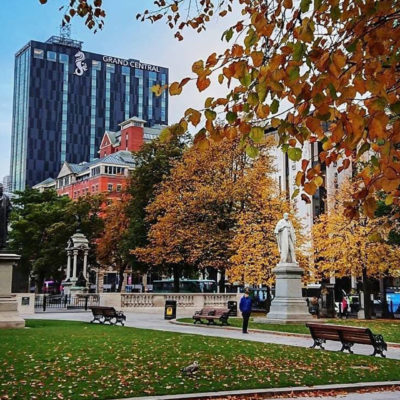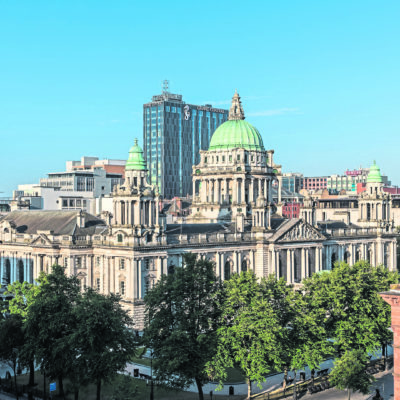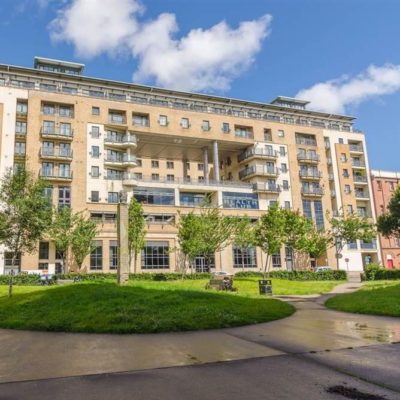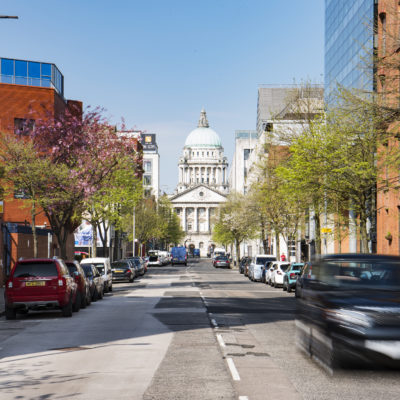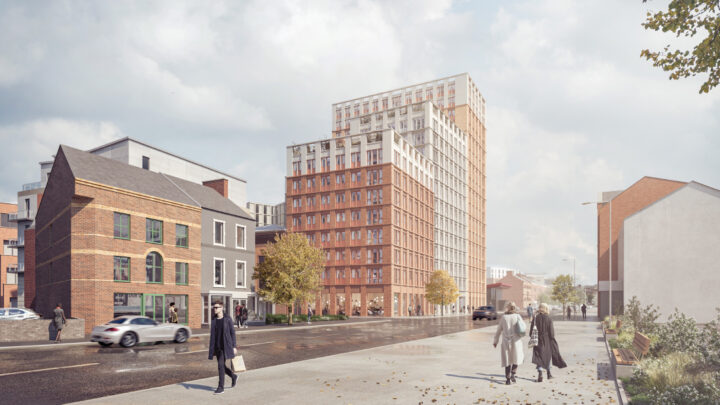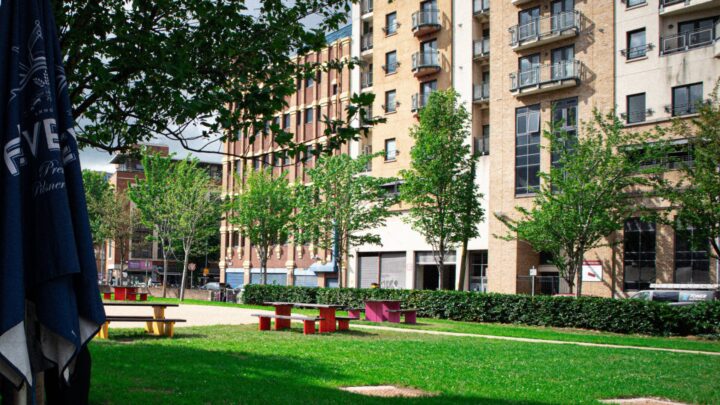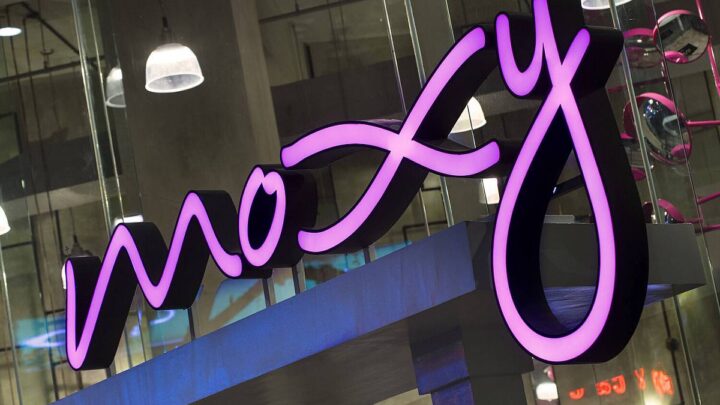News / 24th March 2021
Belfast Telegraph | Opinion Piece
Belfast Telegraph | Opinion Piece
Overview by Margaret Canning, Business Editor
A new boardwalk area for outdoor hospitality will be unveiled at Linenhall Street in Belfast city centre next month when it is hoped lockdown restrictions will be eased. It is part of a £0.5m project involving Linen Quarter Belfast Improvement District (Bid) to create more outdoor space in the city centre as businesses and society emerge from lockdown. And in May a parklet – a semi-enclosed outdoor area – will be installed outside the BBC featuring cycle stands and plants. There are plans for wider pavements and outdoor artwork on Adelaide Street over the summer.
BID said plans for Blackstaff Square and Brunswick Street represented its “biggest intervention”. The area between Great Victoria Street and Bedford Street is to feature a gravel court for French boules, a social hub, container cafe bar, 160 outdoor seats and a stage for entertainment. Chris McCracken said: “Brunswick Street Social will become one of the most exciting new spaces in Belfast, driving footfall back into the city centre to enjoy a programme of film festivals, food events and live music when it is safe to do so.”
But in an article for BelfastTelegraph.co.uk, Mr McCracken said a more long-term approach to improving the city was also required. He said the city should appoint its own architect to lead redevelopment post-pandemic. He suggested freeing up on-street car parking spaces as green and social space, moving car parking to more multi-storeys. He writes: “Over the last five years Belfast has been successful in attracting urban regeneration and investment. We have been less good at urban renewal and quality of life.
“There is a lot of focus on bringing residential investment into the city centre, but not so much about the supporting facilities – the play parks, schools and surgeries – that communities require.”
And he said residential development in the city centre shouldn’t just focus on homes for professionals. “And before further developments are approved, we should put in place space standards and mixed tenures. We need to create proper homes for people and not just professional pieds-à-terre.”
And more of a focus on mixed-use development was crucial, with a need for an architect focused solely on planning for Belfast’s future.
“Why does Belfast not have a city architect? Why do we not have sustainable building standards? Why have we over-invested into mono-functional districts that have driven the creative sector from the heart of our city?” he writes. “We need much more emphasis on mixed use developments that work with the grain of our city, renewing communities and respecting the crucial role of arts and culture.”
The Linen Quarter BID has worked on the projects with the Department for Infrastructure, Department for Communities and Belfast City Council. It said it would be spending £0.5m in total on the “tactical regeneration”. BID carried out an online consultation late last year to seek views on its proposals to upgrade public areas. It said the consultation had revealed an “overwhelming demand from the public for change to Belfast’s urban environment”.
Opinion Piece:
We’ve seen the future for cities. Now we need to change our narrative.
One of the most striking revelations during the first lockdown was the image of pollution free cities. The benefit of cleaner air was vividly illustrated by the blue skies of Los Angeles, or the re-emergence of Mount Everest as the stunning backdrop to Kathmandu. The Welsh goats of Llandudno symbolised how nature could re-assert itself. Many towns and cities temporarily closed roads and returned space to pedestrians, cyclists, and communities.
As cities work towards long term recovery, we must not compromise this vision of a better future. We must action ideas, embed benefits, and re-imagine our public realm.
In the Linen Quarter a partnership of local business, Executive Departments and the City Council are investing £500k in tactical regeneration. We are committed to delivering tangible benefits for the District, and wider city centre, and we are going to action these as soon as lockdown lifts.
In April we will open a 30-metre boardwalk on Linenhall Street, which will facilitate local hospitality and provide outdoor space for food and drink. In May, a parklet will be installed outside the BBC, accompanied by cycle stands and urban planting. By the summer there will be wider pavements and outdoor artwork on Adelaide Street. Pavements and building frontages throughout the district will be power-washed and painted.
Our biggest intervention is Blackstaff Square, which will be decked with tables and chairs, a gravel court for French boules, and tree wrap illuminations. A vibrant moving image at Brunswick Street will lead onto a new 43m long social hub, incorporating a container café/bar, 160 outdoor seats, a games area, and entertainment stage. Brunswick Street Social will become one of the most exciting new spaces in Belfast, driving footfall back into the city centre to enjoy a programme of film festivals, food events, and live music when it is safe to do so.
But to fully reimagine Belfast we are going to have to take bold decisions to change the narrative. Coronavirus has given us greater awareness of respiratory disease, and current studies indicate that up to 100,000 people in the UK die prematurely due to air pollution. It would be immoral to return to an era of congested streets that routinely breach legal standards of air quality. The 10,000 car spaces scattered across the City Centre need to be consolidated into multi-story parking with most on-street bays given over for green and social space. Cars will play an important role travelling to and from Belfast, but let’s reprioritise our city centre for people.
And whilst we are making great strides with public transport, previous commitments to transform cycling infrastructure have never been fulfilled. This needs to change.
We should ask ourselves what sort of society we are trying to build. Over the last 5 years Belfast has been successful in attracting urban regeneration and investment. We have been less good at urban renewal and quality of life. There is a lot of focus on bringing residential investment into the city centre, but not so much about the supporting facilities – the playparks, schools and surgeries – that communities require. And before further developments are approved, we should put in place space standards and mixed tenures. We need to create proper homes for people and not just professional pieds-à-terre.
Let’s also raise the standard of public engagement and ambition in Belfast. Communities have great ideas and want to see things happen, but our regulatory processes have become detached from everyday experiences. We need reform so that more grassroots initiatives can come forward.
Why does Belfast not have a city architect? Why do we not have sustainable building standards? Why have we over-invested into mono-functional districts that have driven the creative sector from the heart of our city? We need much more emphasis on mixed use developments that work with the grain of our city, renewing communities and respecting the crucial role of arts and culture.
The current investment into public realm is positive, but we can’t stop. If we are to re-imagine Belfast – with a new emphasis on well-being, community, and culture – then we need to change the narrative for good.
Chris McCracken: Reimagining Belfast city post-pandemic – BelfastTelegraph.co.uk
